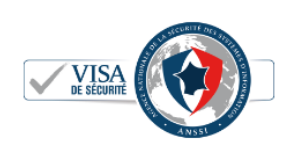How do you assess the robustness of an encryption solution?
Tech culture
The selection criteria

To assess the robustness of an encryption system, it is essential to examine several technical aspects of the solution itself, as well as its integration, to avoid implementation errors. It is also important to close any vulnerabilities that could compromise the security of the system.
How do you select an encryption solution?
There are a multitude of encryption solutions on the market. Beyond the classic difference between symmetrical, asymmetrical or hybrid encryption, some software solutions are proprietary, while others are open source.
Open source solutions don’t provide the same guarantees and have a restricted functional scope.
However, the most discriminating factor is still the presence or absence of certifications, an essential guarantee of reliability for mission-critical applications. There are national certifications issued by the French national information system security agency (ANSSI), and international certifications issued by the ISC or the ISACA.
The quantum threat is also redefining the encryption market. It’s important to make sure the publisher you choose to implement your encryption strategy:
- has anticipated this major change,
- and plans to build post-quantum encryption into its products.
What are the assessment criteria for an encryption solution?
Confidentiality.
Encryption must protect data from unauthorized access, ensuring that only the person with the appropriate key can decrypt and access the information.
Integrity.
Encryption must guarantee that data has not been modified or altered in an unauthorized manner during storage or transmission.
Security.
The encryption solution must be resistant to known attacks, such as brute-force attacks. Algorithms recognized for their resistance to attack, such as AES-256 (Advanced Encryption Standard), are often preferred.
Key management.
Key management includes the generation, distribution, storage, rotation and revocation of encryption keys. Encryption solutions must have a robust mechanism to manage these keys centrally and securely.
Certificate quality.
In particular, the validity period and the correspondence with the domain name must be checked.
Protocol and library reviews.
This involves making sure the protocols proposed by the server and the encryption solutions don’t contain any known vulnerabilities or implementation errors. Cryptographic libraries can also contain vulnerabilities.
Regulatory compliance.
The solution must meet legal and regulatory data protection requirements, such as GDPR in Europe, and be compliant with the security standards recommended by the ANSSI.
Resilience to attack.
The solution must be able to withstand various types of attack, such as man-in-the-middle attacks, denial-of-service (DDoS) attacks, or attacks on the key management mechanisms.
Auditability.
The encryption system must allow detailed tracking of encryption and decryption operations. Audit logs must be available to detect anomalies and investigate security incidents.
External auditors.
It is advisable to call in cybersecurity experts to carry out an external audit of the encryption solution and propose countermeasures if there are proven vulnerabilities
Choose a certified solution
Certification is a formal certificate issued by an independent body such as the ANSSI in France, guaranteeing that an encryption solution fully meets predefined security requirements.
The certification process, which generally takes 12 to 24 months, includes a full audit of security measures and resistance tests. Issued for a period of 5 years, certification is subject to regular audits in the interim.
Certification provides a guarantee of trust to businesses who want to acquire an encryption solution. An independent organization guarantees that the encryption software meets precise technical specifications. In the current regulatory context, and in particular with the implementation of the NIS2 directive which extends its scope to over 15,000 entities and their entire supply chain, certification will play a decisive role.
Certification is PRIM’X’s strategic priority
PRIM’X has made certification a priority in its publisher’s strategy. Many of its solutions are certified to the latest version of the certificate, so that they are always state-of-the-art in the field of encryption.
PRIM’X has been awarded the Qualification for the French State by the ANSSI, which allows it to process “Restricted Distribution” data, and the Security Visa, which demonstrates the ability of an encryption solution to protect information.
At the international level, PRIM’X has obtained Common Criteria EAL3+ certification, which guarantees a high level of security, as well as information protection approval from the European Union and NATO. In addition to those certifications, the solutions undergo national and trans-national counter-assessments or counter-assessments specific to a given contract.
The assessment of a robust encryption solution is based on rigorous technical criteria including confidentiality, integrity, algorithmic security, and effective key management. Certifications issued by independent bodies are a guarantee of reliability. Faced with the emergence of the quantum threat, it is essential to select software publishers who are anticipating those developments, like PRIM’X, which places certification at the heart of its strategy, guaranteeing state-of-the-art data protection solutions.





